Sabrina Martínez, director and psychologist of Stimulos, explains autism spectrum disorder and her center’s experiences with NeuronUP.
What is autism spectrum disorder?
Autism spectrum disorder (ASD) is a neurodevelopmental disorder characterized by an atypical development in social interaction and communicative skills with restricted activities and interests of early onset.
Currently, it affects boys four or five times more often than girls and according to studies the following prevalence is estimated:
- 1/100 (Europe, 2010),
- 1/59 (USA,2018).
Levels of autism
Within autism spectrum disorder we can distinguish 3 levels of autism:
- Level 1: require support,
- Level 2: require significant support,
- Level 3:require very significant support.
Most common characteristics in autism
Deficits in communication and social interaction:
- Difficulties in socio-emotional reciprocity,
- deficits in nonverbal communicative behaviors,
- difficulties in developing and maintaining appropriate relationships for the developmental level.
Repetitive and restricted patterns of behavior, activities, and interests
- Verbal behaviors, motor or object use stereotyped or repetitive,
- excessive adherence to routines, ritualized verbal and nonverbal behavior patterns, or excessive resistance to change,
- restricted interests and obsessive interests that are abnormal in their intensity or the type of content,
- hyper- or hypo-reactivity to sensory input or an unusual interest in aspects of the environment.
Autism spectrum disorder as told by Stimulos
Stimulos Atención Educativa s.l.
Stimulos Atención Educativa is made up of a group of professionals who dedicate themselves day to day to helping children and their families in their developmental progress, detecting different difficulties early and especially helping from prevention and minimizing as much as possible the difficulties they may present.
Stimulos started working in nursery schools to provide that care as early as possible. And, in a relatively short time, it had to expand to provide services to families also in their homes and in private practice. Currently, it has two centers and mainly treats neurodevelopmental disorders.
To support all these families we have allocated one of our premises in the morning hours to the ANDIAT Association so that an early intervention center can be opened and continue helping children and their families who require early intervention.
The professionals at Stimulos carry out personalized interventions based on a multidisciplinary approach for each child.
Stimulos Atención Educativa has a team made up of speech therapists, psychologists, educators, an occupational therapist and a physiotherapist, always in continuous training.
Our experience with NeuronUP
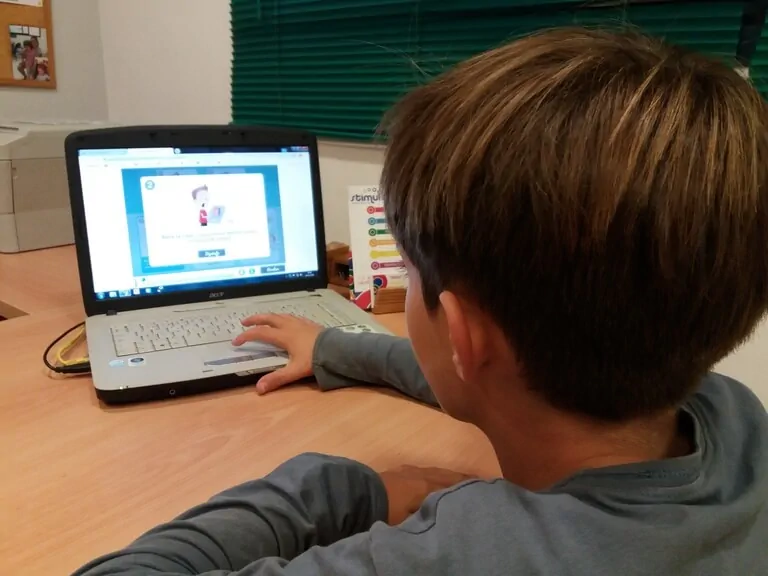
Our team uses the NeuronUP platform to work with these children on the difficulties they present both at the level of executive functions and cognitive functions. But above all it is very useful for specifically working on social cognition and theory of mind, since it is difficult to find programs to work on these areas.
In this way the kids are more motivated and it doesn’t bother them to include the work in their daily routine at home, because they see it more as a game than as school homework, thus promoting training from home and consequently better treatment outcomes.
The case of one of our girls and NeuronUP
One of our 8-year-old girls with Level 1 autism (according to earlier manuals: Asperger syndrome) has been working with NeuronUP for almost 2 years. When she is not physically at the center, she continues training three times a week from her home, reinforcing everything she works on in the clinic.
In this case, the educator schedules the games for her weekly according to the results she achieves and the demands that arise from the academic setting. Also, since these children function very well with routines, she has already established the use of NeuronUP within her routine. This way, the girl can continue improving her weak points, always under the supervision of a professional, even without having to travel, which the family also greatly appreciates.
In our day-to-day work we always have to try to motivate our children during sessions because progress depends heavily on it and with NeuronUP we have managed to find a very positive complementary tool to achieve our goals.
In addition, they frequently release new games on the platform, so you can always access new alternatives to work on different areas.
If you enjoyed this post about the autism spectrum disorder told by Stimulos, you might be interested in these NeuronUP publications:
“This article has been translated. Link to the original article in Spanish:”
Cómo trabajar la estimulación cognitiva en niños con trastorno del espectro del autista

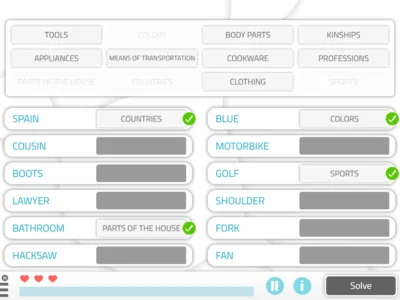
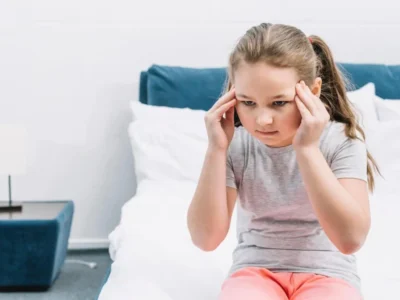
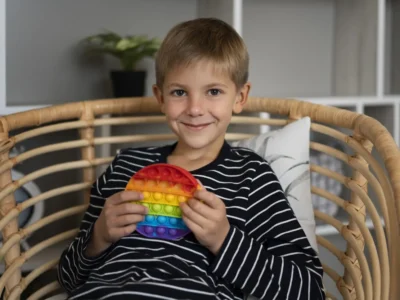

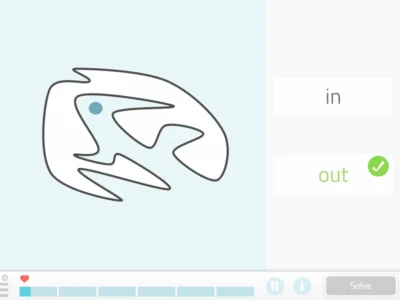

 The most comprehensive cognitive exercise for people with multiple sclerosis
The most comprehensive cognitive exercise for people with multiple sclerosis
Leave a Reply